
In this conversation, a former APA president discusses mystical and meditative experiences, reconciling psychoanalysis and neuroscience, and tensions surrounding the medical model.

In this conversation, a former APA president discusses mystical and meditative experiences, reconciling psychoanalysis and neuroscience, and tensions surrounding the medical model.
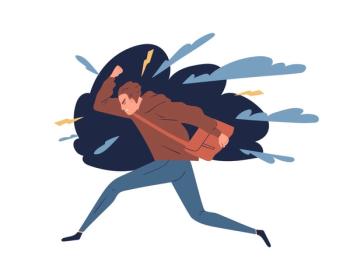
Helping a patient and their family with anger about a mood disorder can be difficult...

Running, walking, and other forms of exercise create some specific chemical changes in the body—which may end up benefitting the mind.

Mood disorders can be genetic and deeply affect surrounding people...

What treatments could handle both psychiatric emergencies and long-standings mental health conditions—in a hurry?

What can be done when a mood disorder upends a patient's life?
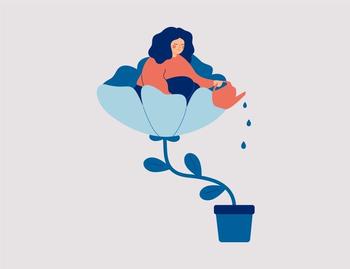
One doctor at the APA Virtual meeting explains how ketamine can rebuild spine and synaptic proteins in the brain, but may be difficult to actually prescribe to patients.

Teach both the patient and the patient's family are important steps to treating a mood disorder.
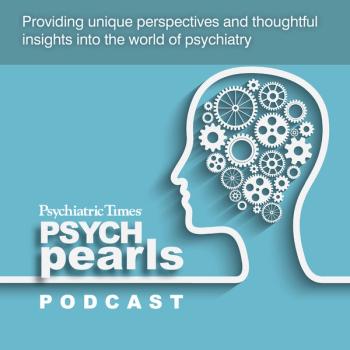
Despite recent advances in research on bipolar disorder, it remains a complex and even mysterious condition.

Caring for patients with mood disorders is different than caring for patients with any other medical issues.

Prazosin appears to be effective and perhaps the best medication for selected patients, including those with bipolar disorder.

A discussion with professor of medical psychology and director of the Columbia University Clinic for Anxiety and Related Disorders.

A high-powered lawyer faces her toughest opponent yet: mental illness stigma.

A study finds that testing genetic variations can predict outcomes and medication blood levels in patients with depression.
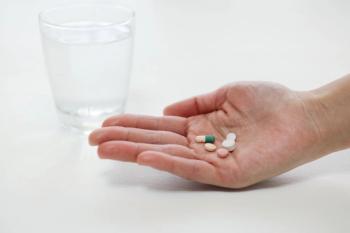
Is this phase 2 trial the end of the road for a potential new treatment?

Research on the prevalence of ADHD in Black individuals in the United States highlights the need for future research in this underrepresented group.

A rare genetic disorder may have unrecognized psychological consequences.
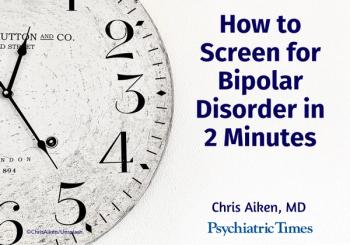
A new test screens for bipolar disorder with respectable accuracy

In addressing mood disorders associated with infertility, sometimes the cure may be worse than the disease.

Daily routine and structure will decrease a patient's stress and give them a sense of accomplishment.

A healthy diet can improve mood and effectiveness of antidepressant medications. Here's why your patients should be eating healthier.
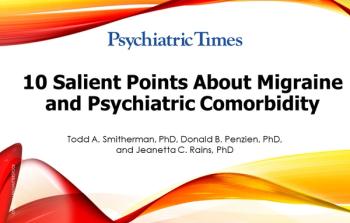
Where do migraines and psychiatric disorders intersect? Learn more.

Valproate/divalproex appears to be considerably overused in the US; the use of lithium, second-generation antipsychotics, and carbamazepine should be more prominent in treatment decisions for patients with bipolar mania.

COVID-19 has spurred many changes leading to wider adoption of various technologies to support public health efforts. But even data collected for the greater good can have unintended negative or punitive consequences.

Frontline residents and fellows complain of “being forced to work harder than I can handle,” “being pushed to my limits,” “no availability of PPEs,” etc.